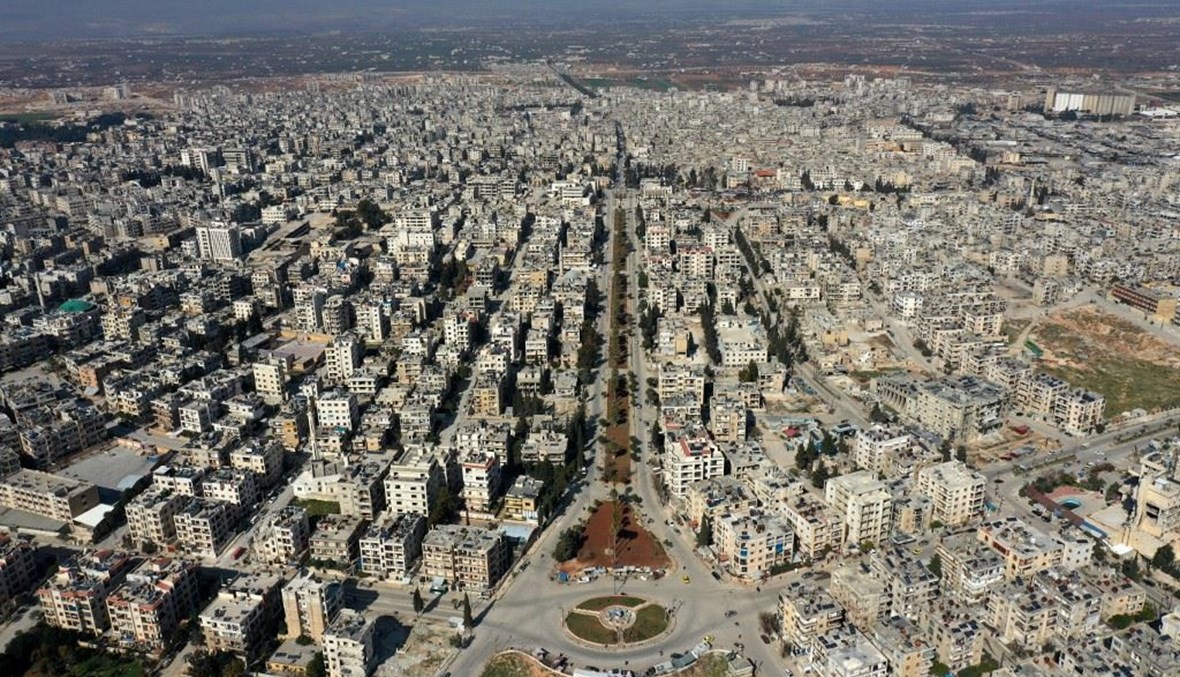Following a trilateral meeting between the ministries of Defense of Turkey, Syria and Russia in Moscow, the Syrian opposition is now in a very difficult position, as it lost its main backer. The trilateral meeting is a display of the normalization of ties between the two countries since it is the first of its kind between a Turkish and a Syrian official since the beginning of the war in Syria.
Syrian Opposition Meets Turkish Officials
The pro-Kurdish agency North Press has reported that senior figures from the Syrian opposition coalition have immediately requested a meeting with officials in Ankara to discuss the meeting with the regime’s ministry of defence. “On Thursday, Turkish officials ascertained that they will guarantee the rights of the Syrian opposition and that rapprochement with Assad will not be at the expense of the Syrian people’s rights,” a source within the SOC told NPA.
Idleb Not Mentioned
The opposition website Baladi News has reported that the head of the Syrian Negotiation Commission, Badr Jamous, said on Tuesday that the Syrian opposition delegation requested a meeting with Turkish Foreign Minister Mevlut Cavusoglu. He stressed that the Syrian opposition did not meet with regime officials outside the framework of Astana and Geneva.
According to Jamous, “Turkey’s meetings with the Syrian regime did not address the issue of Idleb, nor the opposition-controlled areas. These areas are linked to the general political solution in accordance with Resolution (2254).” He noted that the meeting was limited to the issue of cooperation against the SDF.
The HTS Criticizes Turkey
The pro-opposition Enab Baladi has reported that the commander-in-chief of Hay’at Tahrir al-Sham (HTS) – which has military influence in Idleb– Abu Muhammad al-Julani, considered the talks between the Syrian regime and its Russian ally and the Turkish side “a dangerous deviation that affects the goals of the Syrian revolution.”
Opposition has Nothing to do with Turkish-Syrian Negotiations – SNC
North press has said that an official in the Reconciliation Committee, affiliated with the Syrian government, said on Thursday that the opposition Syrian National Coalition (SNC) does not take part in the negotiations that are taking place between Damascus and Ankara.
Omar Rahmoun, a member of the government’s Reconciliation Committee, said the rapprochement was related to “Turkey and the Syrian government, while the Syrian opposition has nothing to do with it whether it succeeded or not.”
In December 2022, Turkish Minister of Defense Hulusi Akar and the head of the country’s National Intelligence Organization (MIT), Hakan Fidan, met the Syrian Defense Minister, Ali Mahmoud Abbas, and the head of the National Security Bureau of the Ba’ath Party, Ali Mamlouk, in Moscow, in a meeting attended by the Russian Defense Minister, Sergei Shoigu.
The SNC does not know anything about these negotiations, he added.
Reconciliation between Syria and Turkey is in progress, as the security services of the two countries are communicating and there will be a meeting for the foreign ministers, which will be followed by a meeting of the Turkish President and his Syrian counterpart.
On Dec. 30, 2022, residents and activists took to the streets in the city of Idlib, northwest Syria, expressing rejection of any Turkish-Syrian rapprochement or reconciliation.
Rahmoun pointed out that the two parties are addressing many issues, as they may achieve success in some of them and fail in others.
The most notable issues that have been discussed are the areas held by Syrian Democratic Forces (SDF) and Turkish-occupied areas, according to the official.
It is too early to talk about the possibility of the success of the negotiations, given the many issues that are under discussion, he added.
Erdogan Says Regime Must be Constructive
On Thursday (January 5), Turkish President Recep Tayyip Erdogan held a phone conversation with his Russian counterpart Vladimir Putin, in which Erdogan said that the Syrian Democratic Forces (SDF) must withdraw from the Syrian border with Turkey. Erdogan also noted the need for the Syrian regime to take practical steps forward in the political process.
According to a statement by the Turkish Presidency Communication Service, Erdogan and Putin discussed Turkish-Russian relations, with a special focus on energy and regional issues. The two leaders discussed both the Russian war in Ukraine and the Syrian crisis.
Speaking to his Russian counterpart, Erdogan stressed the need to “cleanse” the joint Syrian-Turkish border from the People’s Protection Units (YPG), especially in the cities of Tal Rifaat and Manbij.
Erdogan stressed that the Syrian regime needs to be more constructive and take some steps in the political process to obtain tangible results regarding the Syrian crisis.
On December 28th, the defence ministers of Russia, Turkey and the Assad regime held a meeting. This was the first official meeting at the ministerial level between Turkey and the Assad regime since the outbreak of the Syrian revolution in 2011 and the resulting tension in Turkish-Syrian relations.
After the meeting, Turkish Defense Minister Hulusi Akar said that he had stressed during the tripartite meeting “the need to resolve the Syrian crisis by including all parties, in accordance with UN Resolution 2254.”
The day after the meeting, Turkish Foreign Minister Mevlut Cavusoglu said that his country is ready to transfer areas controlled by their forces in northern Syria to the regime if political stability is achieved.
On the regime’s demands for the withdrawal of Turkish forces from Syria, Cavusoglu said that the purpose of Turkey’s presence there “is to combat terrorism, especially since the regime cannot guarantee stability.”
In mid-December, Erdogan said that he had proposed to Putin the establishment of a trilateral mechanism with Syria to accelerate the diplomatic track between Ankara and Damascus.
Erdogan explained that the Turkish proposal first provides for a meeting between the intelligence services of the three countries. This will be followed by a meeting at the level of defence ministers, then foreign affairs, and then a summit at the presidential level.


